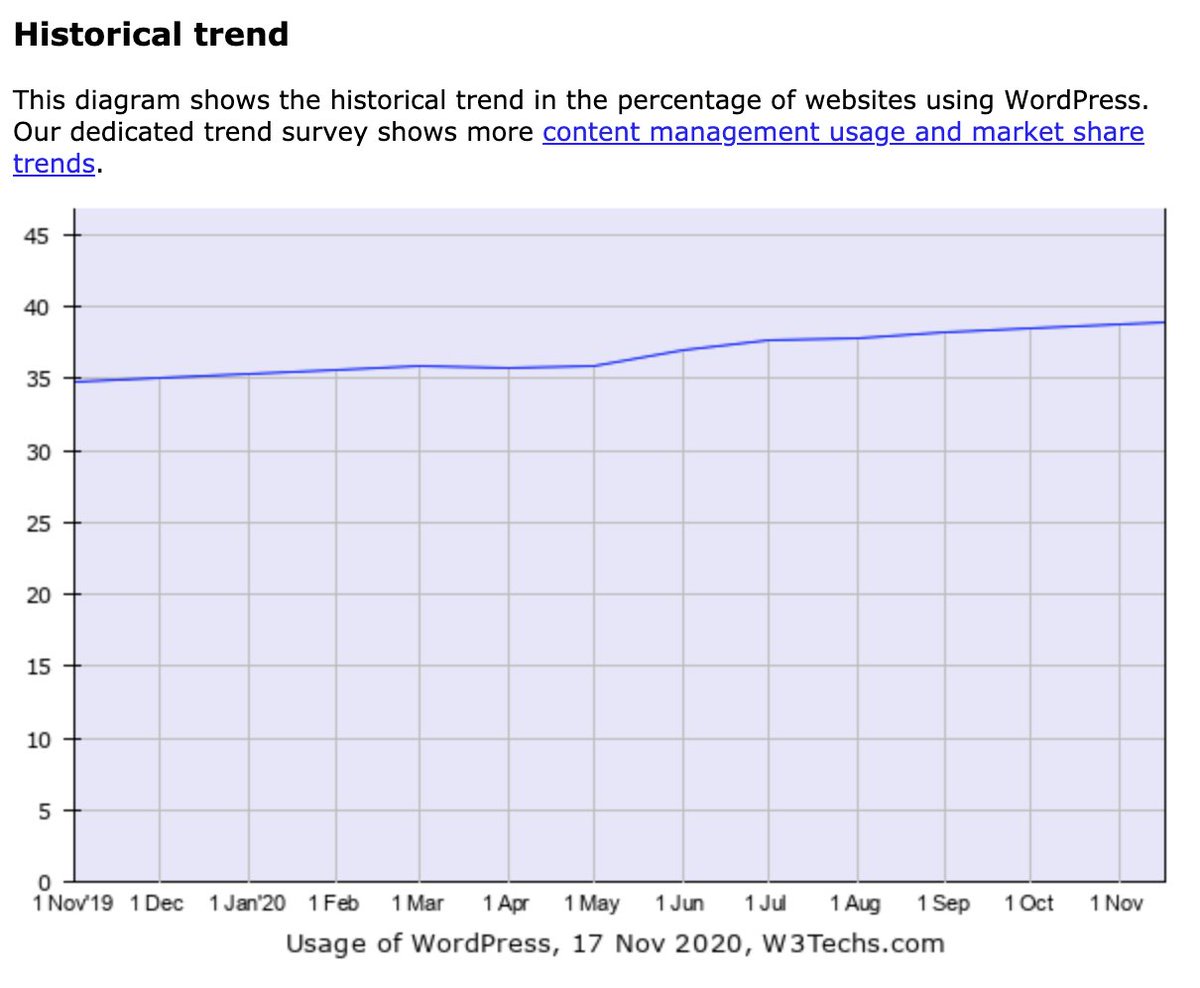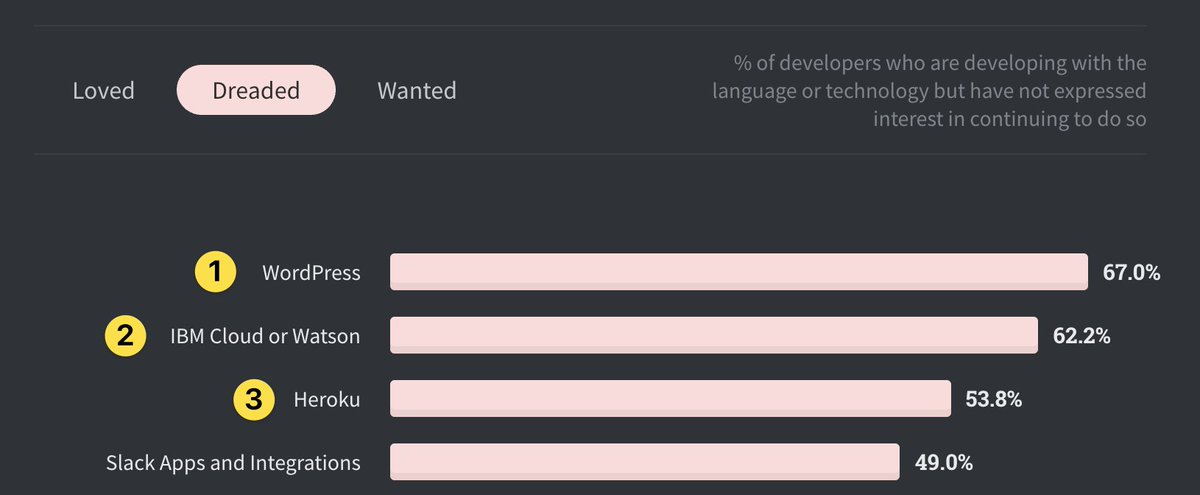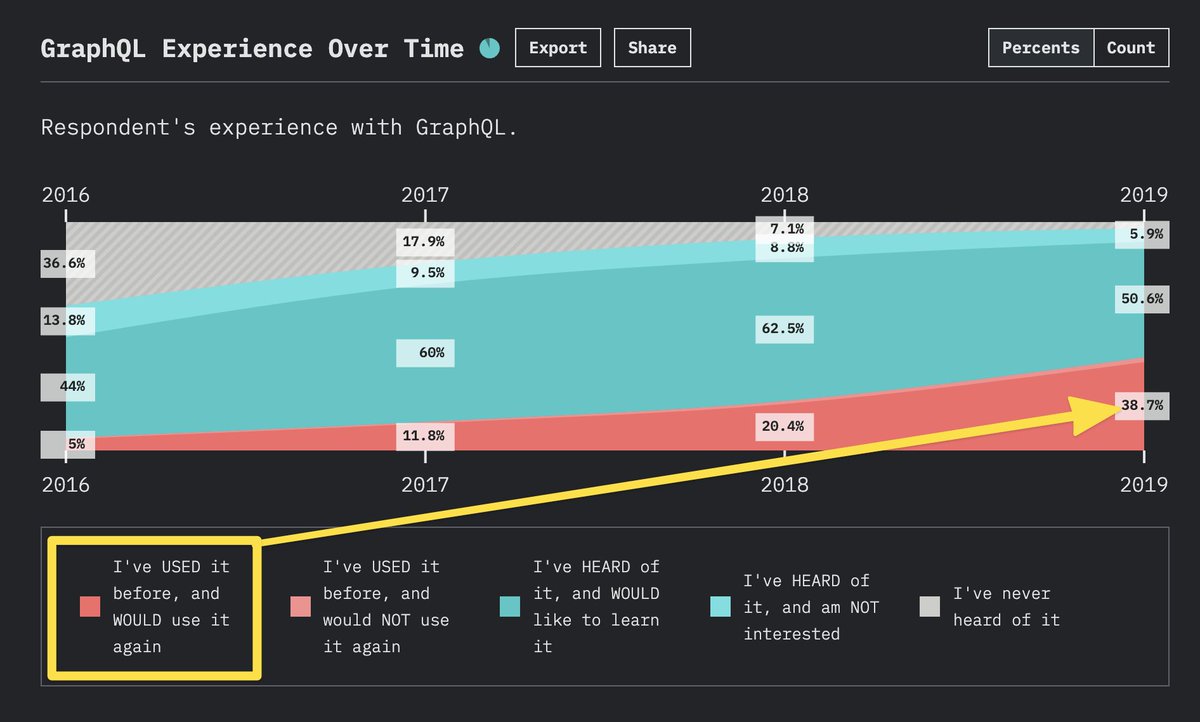Watch me add a GraphQL API to a WordPress site in 30 seconds (the longest part of the example is writing the query)! 
This is possible with the @wpgraphql plugin which released its V1 today. I'm already a huge fan!
"Fan of WordPress?! Blasphemy!"
Allow me to explain...

This is possible with the @wpgraphql plugin which released its V1 today. I'm already a huge fan!
"Fan of WordPress?! Blasphemy!"
Allow me to explain...

[Alt: screencast installation of the WPGraphQL plugin in a default WordPress site]
(You can see the above video on Egghead with voiceover and some additional explanation here: https://egghead.io/lessons/egghead-convert-your-wordpress-rest-api-into-a-graphql-api-by-installing-the-wpgraphql-plugin?af=6xn1w)
(You can see the above video on Egghead with voiceover and some additional explanation here: https://egghead.io/lessons/egghead-convert-your-wordpress-rest-api-into-a-graphql-api-by-installing-the-wpgraphql-plugin?af=6xn1w)
WordPress powers a ridiculous amount of the web (W3Techs reports show growth from 35% to almost 40% this last year !!!)
Source: https://w3techs.com/technologies/details/cm-wordpress
Source: https://w3techs.com/technologies/details/cm-wordpress
Interestingly, WordPress clocked in as THE MOST dreaded platform in the 2020 StackOverflow Developer Survey 
This coincides with the same growth over the last year from the last tweet.
Source: https://insights.stackoverflow.com/survey/2020#technology-most-loved-dreaded-and-wanted-platforms

This coincides with the same growth over the last year from the last tweet.
Source: https://insights.stackoverflow.com/survey/2020#technology-most-loved-dreaded-and-wanted-platforms
However, GraphQL has been growing in interest and usage (at least in the JavaScript world).
According to the State of Javascript survey, the % of JS devs who have used GraphQL or would like to in 2019 was
50.6 + 38.7. = 89.3%
According to the State of Javascript survey, the % of JS devs who have used GraphQL or would like to in 2019 was
50.6 + 38.7. = 89.3%

 To summarize:
To summarize: WordPress usage is growing, but developers don't like WordPress.
GraphQL usage and interest is growing, and (JavaScript) developers like GraphQL.
So what's the takeaway?
Somehow, magically, @wpgraphql fits in this beautiful sweet spot right in the middle of being exactly what content people want, and what developers want. 
You get the GraphQL developer experience with all the content editing tools already existing in the WP ecosystem.

You get the GraphQL developer experience with all the content editing tools already existing in the WP ecosystem.
It's worth paying attention to if you ask me. Check out more on the site if you're interested: https://www.wpgraphql.com/

 Read on Twitter
Read on Twitter




